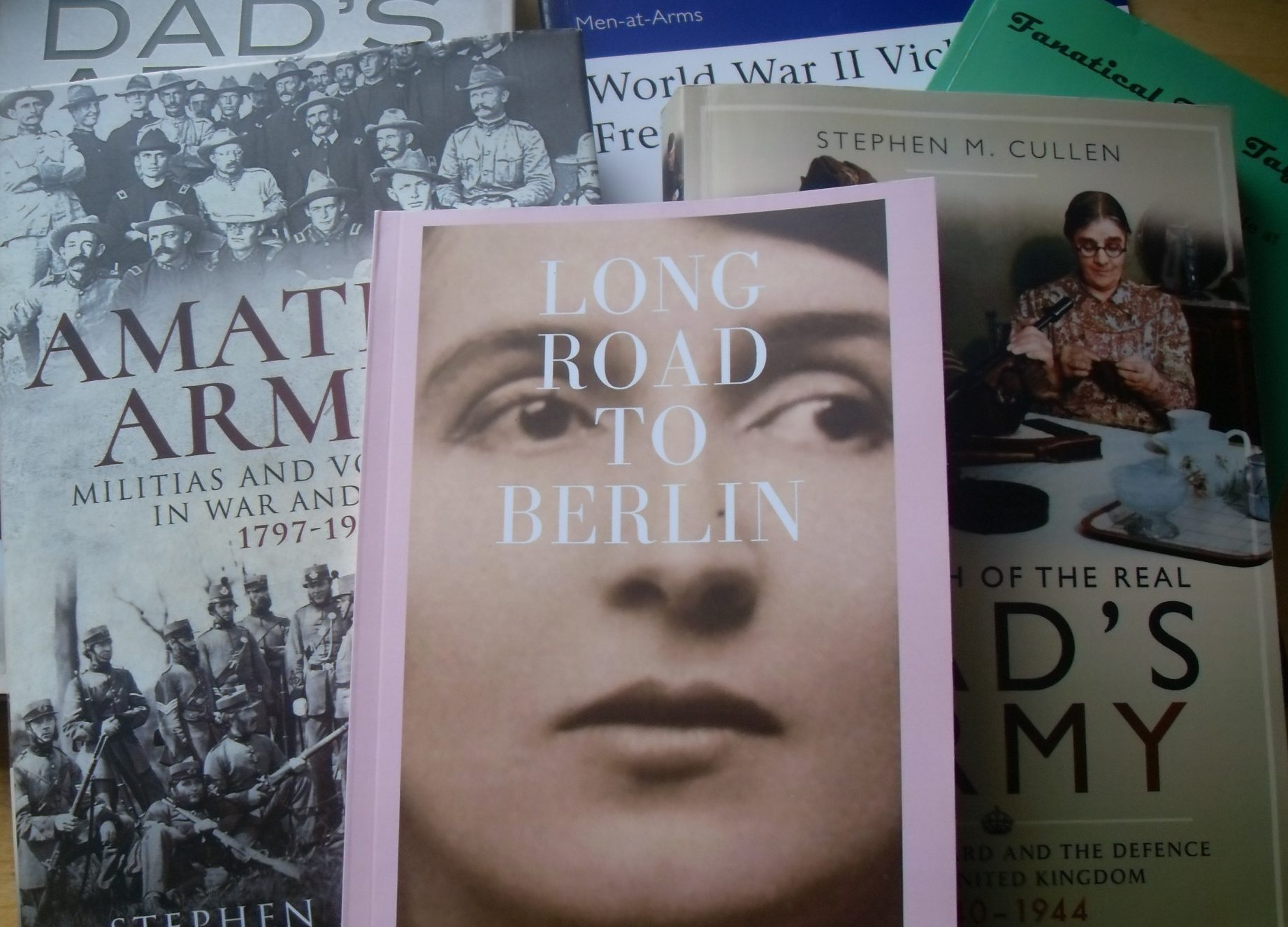
The Historian is the magazine of the Historical Association (HA), which exists to promote the teaching and learning of history in the UK. The association publishes a number of magazines and journals, including The Historian which is aimed at the general reader with an interest in history. Subscription to the magazine comes with HA membership, but individual articles can be purchased for £2.49 via the HA website. I have published a few articles in The Historian on a variety of topics:

From The Historian, issue 135, Autumn 2017.
‘Rotha Lintorn-Orman: The Making of a Fascist Leader’.

Rotha Lintorn-Orman had a relatively short, but remarkable life. Before the Great War, she had an important role in the establishment of the ‘Girl Scouts’, which became the Girl Guides. During the Great War, she served as a volunteer ambulance driver with the Scottish Women’s Hospital. She served with distinction supporting the Serbian Army during the Battle of Florina. That service was recognised by the Serbian government with the award of the Croix de Charité. She also contracted malaria, TB, and may well have suffered ‘shell shock’ (PTSD). Invalided home, she was appointed commandant of the Red Cross Motor School. Following the war, she found a small place in history by setting up the British Fascisti in May 1923.
My article in The Historian is based upon two recently discovered manuscripts that reveal new information about her early life, and the factors that helped make her the first fascist leader in Britain.
From The Historian, issue 110, Summer 2011.
Oxford’s Literary War: Oxford University’s servicemen and the Great War.

The last two decades have seen a slow shift in the academic understanding of the impact of the Great War on interwar Britain. The work of a small group of cultural historians has challenged strongly held pre-existing interpretations of the cultural impact of the Great War. However, there is still a popular perception that the war was characterised by the innocent generation of 1914 marching from an Edwardian summer into an Armageddon which killed most of them, and left the survivors bitter and disenchanted, regretting their participation in a futile conflict, and languishing in the inter-war period, deeply marked by this failure.
Yet this is not a view of the war that many of its combatant veterans would have recognised, and, in particular, a productive and influential group of literary veterans, all with connections to Oxford University, who were engaged, in the 1920s and 1930s in writing a different representation of the meaning and experience of the Great War.
Click link above to access the whole article from the Historical Association, for a mere £2.75.

